
Statutory And Non-Statutory Bodies Free UPSC Notes Download
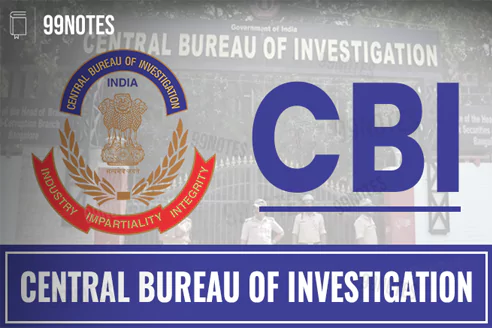
1. Central Bureau of Investigation
The Central Bureau of Investigation is the premier investigating police agency in India. It function under the Department of Personnel and Training (DoPT), Ministry of Personnel, Pension & Public Grievances,
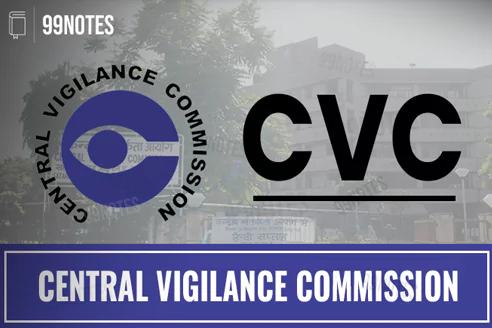
2. Central Vigilance Commission
The Central Vigilance Commission (CVC) is an apex governmental entity in India, with its primary role being to advance integrity, transparency, and accountability within the public administration of the country.

3. Lokpal and Lokayuktas
The Lokpal (literally means the protector of the people) is an anti-corruption institution that investigates complaints of corruption against public officials. The institution of the Ombudsman was first contemplated in the 1960s to root out corruption in public offices.
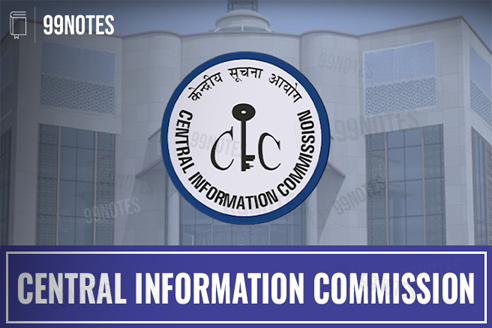
4. Central Information Commission
Transparency and accountability in governance are essential elements of a participatory democracy. Lack of relevant information hinders citizens from engaging in discussions related to the social, political, or economic matters affecting the country.
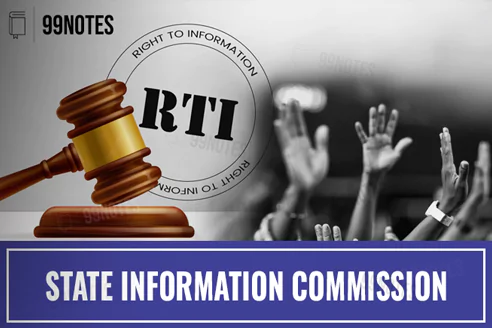
5. State Information Commission
The Right to Information Act, 2005, besides the Central Information Commission, also provides for the State Information Commission. It has been mandated to act upon the complaints and appeals under the act against public information officers in offices, financial institutions, and Public sector undertakings under the concerned state government.

6. National Human Rights Commission
The National Human Rights Commission is a statutory body constituted under the Protection of Human Rights Act 1993. The commission acts as the watchdog of human rights in the country. Its mandate includes safeguarding and advancing the rights to life, liberty, equality, and dignity as guaranteed by the Constitution or outlined in international covenants.

7. State Human Rights Commission
Besides the National Human Rights Commission, the Protection of Human Rights Act, 1993 provides for the establishment of the Human Rights Commission in each state. It has been entrusted with the responsibility of safeguarding and promoting human rights at the state level.
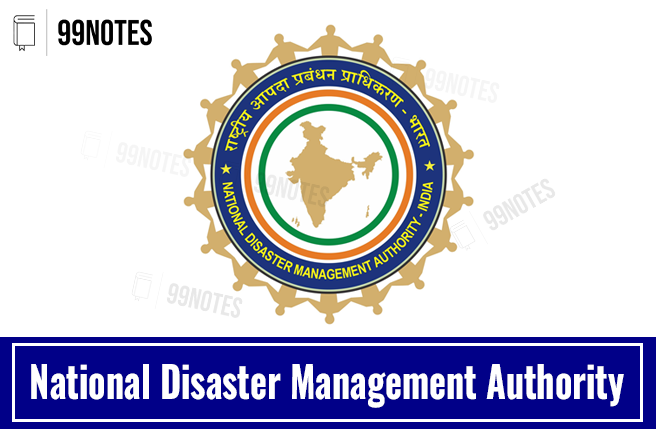
8. National Disaster Management Authority
National Disaster Management Authority of India is an apex body of the Government of India under the administrative control of the Ministry of Home Affairs (MHA). The National Disaster Management Authority (NDMA) provides the institutional framework for creating and overseeing disaster management plans.
What are Statutory and Non-Statutory Bodies?
The study of statutory and non-statutory bodies is important for the UPSC Civil Services Exam (CSE) as it helps candidates understand the various organizations that are set up by the government or by private individuals or organizations to perform specific functions.
Statutory and non-statutory bodies are organizations that are set up by the government or by private individuals or organizations to perform specific functions. In the context of the UPSC Civil Services Exam (CSE), candidates may be tested on their knowledge of statutory and non-statutory bodies and their functions, powers, and accountability. It is therefore important for candidates to have a good understanding of these concepts and to be able to apply their knowledge to real-life situations.
1. Structure
A statutory organisation has a clearly defined structure. It is formed of many departments, each with its own distinct function and duty. In contrast, a non-statutory organisation lacks such a framework. Less formal than other organisations.
2. Duties and Accountabilities
A statutory body’s tasks and obligations are well-defined and established. On the other hand, a non-statutory body’s functions and obligations are not well-defined and established. Legislative bodies are tasked with achieving the aims for which they were created. The purpose of the Statutory body is to guarantee legal conformity. On the other hand, non-statutory entities pursue their own aims, which may or may not coincide with those of the legislative.
3. Authorities
A statutory entity is governed by the authorities that granted it legal authority. These organisations are known as statutory authorities. A non-statutory entity, on the other hand, is not governed by any statutory authority.
4. Shaping
Statutory bodies are shaped by the legislation that establishes them. A non-statutory entity, on the other hand, is not governed by any legislation.
5. Advantages
Statutory entities offer the advantages of being governed by statutory authority, having a well-defined structure, and having established tasks and responsibilities. On the other side, the benefits of non-statutory entities include that they are not governed by any legislative authority, have a less formal structure, and do not have well-defined tasks and responsibilities.
6. Disadvantages
Statutory entities have the drawbacks of being moulded by the legislation that forms them, having defined powers and authority, and being subject to supervision by statutory authorities. The drawbacks of non-statutory entities, on the other hand, are that they lack a well-defined structure, their rights and authority are not established, and they cannot be regulated by statutory authorities.
Here are some key points to know about statutory and non-statutory bodies in the context of the UPSC CSE:
Statutory bodies: Statutory bodies are organizations that are established by law and have specific powers and duties as prescribed by the law. They are accountable to the government and are subject to the oversight and control of the government. Examples of statutory bodies in India include the Election Commission, the Central Bureau of Investigation, and the Reserve Bank of India.
Non-statutory bodies: Non-statutory bodies are organizations that are not established by law but are set up by the government or by private individuals or organizations to perform specific functions. They may or may not have legal powers and are not necessarily accountable to the government. Examples of non-statutory bodies in India include professional associations, trade unions, and charitable organizations.
- Functions of statutory and non-statutory bodies: Statutory and non-statutory bodies are set up to perform specific functions, such as regulating a particular sector, providing services, or promoting a particular cause. Statutory bodies are established by law and have specific powers and duties as prescribed by the law. Non-statutory bodies may or may not have legal powers and are not necessarily accountable to the government.
- Powers and accountability of statutory and non-statutory bodies: Statutory bodies have specific powers and duties as prescribed by the law and are accountable to the government. They are subject to the oversight and control of the government and may be required to submit reports or other information to the government. Non-statutory bodies may or may not have legal powers and are not necessarily accountable to the government.
- Importance of statutory and non-statutory bodies: Statutory and non-statutory bodies play important roles in various sectors of society and are responsible for performing specific functions. They help the government to carry out its functions and to achieve its objectives, and they also provide services and promote causes that benefit the public. It is therefore important for candidates to have a good understanding of these organizations and their functions, powers, and accountability.
In the CSE, candidates may be tested on their knowledge of statutory and non-statutory bodies and their functions, powers, and accountability. It is therefore important for candidates to have a good understanding of these concepts and to be able to apply their knowledge to real-life situations.

